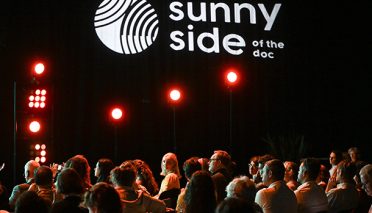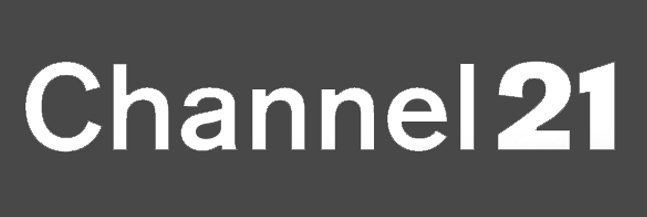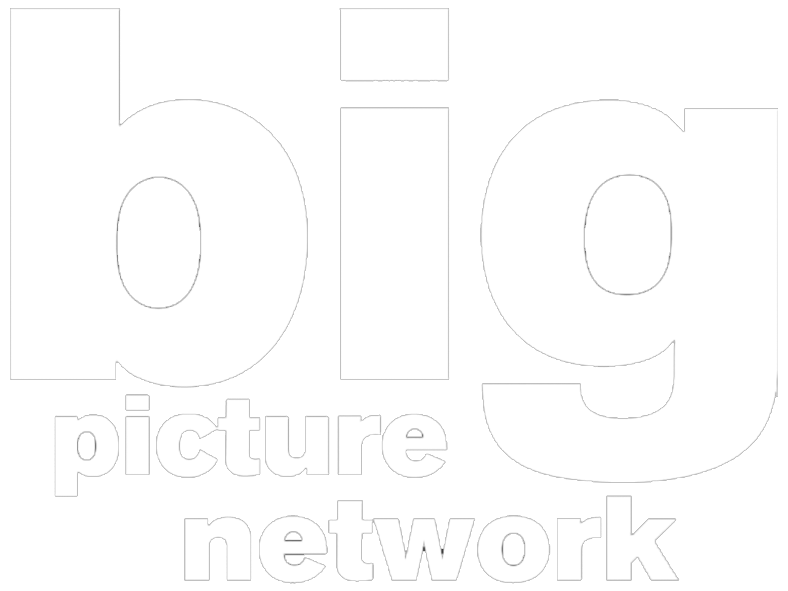Improving its financial position is a priority for public broadcaster RTV Slovenija, according to its new president Natalija Gorščak.
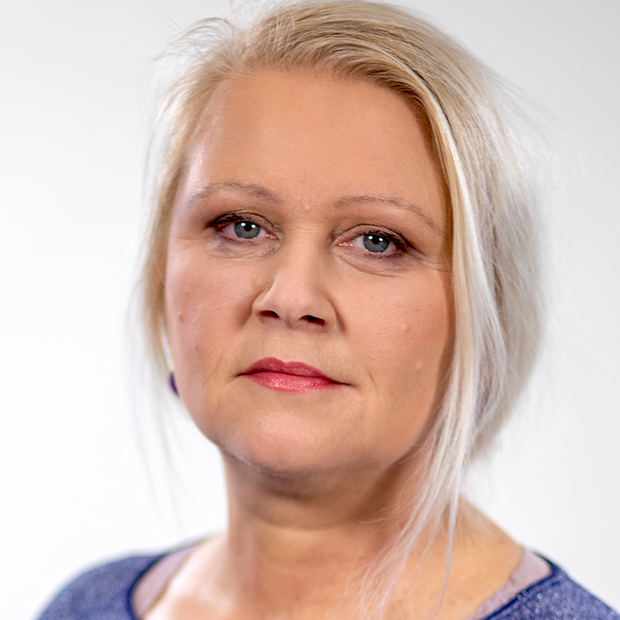
Natalija Gorščak
When someone takes over the running of a public broadcaster they almost always have a long to-do list. This is certainly the case for Natalija Gorščak, who became the president of the management board of RTV Slovenija (RTVS) in September this year.
Underpinning her list is the need to act on RTVS’s difficult financial position. In the first eight months of 2024 it had revenues of just over €97.7m (US$103m), while its outgoings totalled some €98.9m. Although the shortfall was not excessive, Gorščak indicated shortly after assuming her new role that she aimed to balance the books by the end of the year and generally improve RTVS’s situation.
Speaking to CEE21.com, Gorščak acknowledges that the “funding issue is the main problem” facing RTVS. In particular, the system of salaries in the public sector has seen the broadcaster’s employees awarded big rises “and I don’t know where we will get the money for that.”
Indeed, labour costs account for 15% to 20% of its budget and the situation will not be eased by an increase in receiver licence fees by 10% to €14.02 a month per household, that comes into effect at the beginning of 2025. As a result, it will have to rationalise production and cut costs.
However, “even with restructuring you need to pay. Restructuring is always costly. If you are restructuring, you don’t get the results immediately but after a certain time”.

Quizshow Joker is based on a hit Turkish formats
Quite how that restructuring will look in practice remains to be seen. RTVS is a well-established broadcaster in what is a small yet competitive market, serving a population of only 2.1 million. It currently operates three main linear TV channels – the first general, the second offering documentaries and sport, and the third covering parliamentary affairs.
Alongside these it operates two regional channels, one largely dedicated to Slovenia’s Italian minority and the other mostly to its Hungarian minority. It also runs eight radio stations, three of which cover the whole country and the remainder serve, among others, the ethnic minorities and international listeners. Coupled to these are such digital assets as its website rtvslo.si, streaming service RTV 365 and applications for small children and teenagers.
According to Gorščak, quizshows, news, documentaries and especially sport, which everyone in the country is “crazy about”, do particularly well on RTVS. However, while two of its highest rated programmes are quizshows – Vem! (aka I Know It!) and Joker, which are both distributed by Global Agency – and are based on French and Turkish formats respectively, “mostly we don’t buy formats because they are too expensive for us,” she explains.
Indeed, production costs, especially for high-end ones, are excessive “because we are a small country with a small budget.”
Gorščak also says that RTVS works a lot with independent Slovenian producers, especially when it comes to series and documentaries. In fact, the broadcaster has a legal obligation to do so and pays a percentage of the receiver licence fees it receives to an independent production fund. “We invest our money in independent production and independent producers are partly financed by us,” she confirms.

Vem! (aka I Know It!) is a top-rated show for RTV Slovenija
However, RTVS only airs content obtained from independent producers when free-to-air (FTA) rights become available after two years.
As for coproductions, they are not on the agenda for the broadcaster, according to Gorščak, because they are “too expensive” and RTVS “can’t compete. For us it’s more convenient to buy already produced items and just air them.”
Given RTVS’s difficult situation, changes in legislation may be on the horizon. Gorščak believes that the law on RTVS should be amended in certain parts “because the relationship between the board of RTVS and the management board is not defined in the right way.” The government, she says, should also commit to funding programming for blind and deaf people, which it does not at present, along with archives, digitalisation and RTVS’s orchestra, which according to Gorščak is quite costly.
RTVS has a presence in Slovenia’s streaming market through its service RTV 365, which gives access to its TV and radio channels, as well as a film library. Gorščak has plans for its future and says: “What we intend to do is propose a solution to the government about our player to have different features available related to language, education and so on, and maybe get additional funding.”
In terms of programming, she says she would like to see more binge watching on the on-demand service. However, in the case of its linear TV channels, she would like to buy less and have more family-oriented, high-quality series. “We need to have a bit more lighter programming as well,” she comments.
Gorščak sees a clear difference in demographics between RTVS and rival commercial channels such as Pop TV and Kanal A, both of which are operated by CME’s Pro Plus, as well as Planet TV. The formats that they use, such as MasterChef and Slovenia’s Got Talent, are typical of the commercial TV market as a whole and “I don’t see any wish that we would have this kind of programming. I don’t think it’s programming for public [service] TV.”
Looking to the future, Gorščak says she would like to “change the structure [of RTVS] and become more flexible regarding organisational changes.” She also believes that the salary structure at RTVS should be overhauled as it currently can’t compensate employees who do additional work while at the same time paying those who “don’t satisfy the criteria.”
Essentially, the broadcaster has, in her view, failed to keep up with the times and needs to implement a lot of changes to catch up.
In terms of programming, one of the changes she plans for 2025 is for RTVS to produce more factual entertainment programming in-house. Cooperation with other public broadcasters also appears to be on the agenda. In October 2024, for instance, RTVS signed an agreement with its Croatian counterpart HRT for the exchange of TV, radio and online content.





